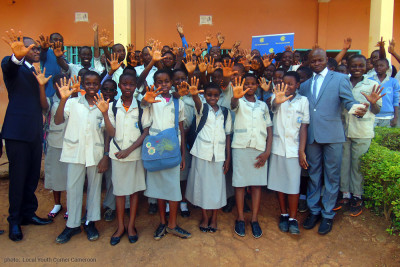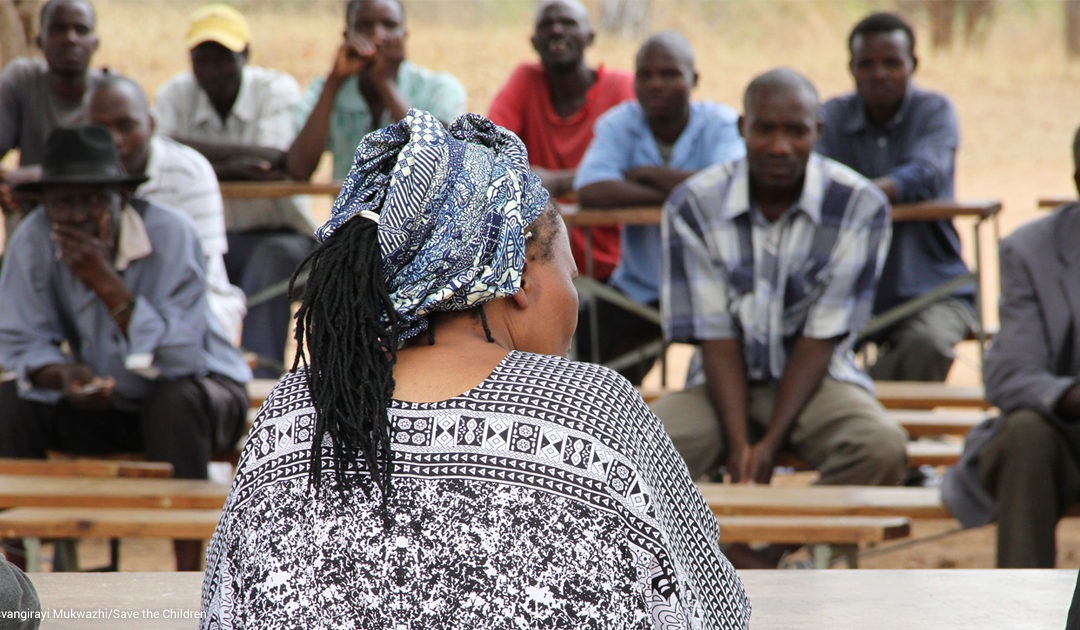Between 15 March and 15 May 2016, the Education Commission invited a diverse range of organizations and individuals to host consultation sessions to gather input into the issues addressed by the Commission. The questions were translated into six languages – English, French, Spanish, Arabic, Chinese and Russian – in order to facilitate global participation. The goal of the consultations was to generate perspectives and sources of evidence from a wide range of stakeholders to contribute to thinking around the report. The response was impressive, with over 130 consultations conducted. Consultation sessions were led by volunteer hosts who recruited fellow community stakeholders to discuss key questions associated with the Commission’s research agenda. Each host submitted findings to the Commission, which are synthesized and summarized in this note.
| QUICK FACTS | ||
| Total number of consultations | 138 | |
| Participants from | 80+ countries, 6 continents | |
| Regional breakdown | Africa: 45
Asia: 34 Australia and Pacific Islands: 2 Europe: 19 |
Latin America/Caribbean: 11
North America: 12 MENA: 9 Virtual: 6 |
As a reminder, here are the questions we asked you:
- Given that there are clear benefits of education, why do you think people have not acted and invested in education at the level needed?
- What do you think has been the biggest single obstacle to raising educational quality in developing countries? How can we overcome this obstacle?
- For those countries which have made the greatest improvements in education in recent years, what do you think have been the critical factors in their success?
- How do you think education/school will look different in 2030? What implications does this have on the Commission’s recommendations?
- What will be the most important (new) sources of finance for global education over the next decades? How could these sources be harnessed?
- Is there anything else the Commission should consider? Do you have any questions for the Commission?
To read the full consultation summary report, download the PDF here.

Following their Education Commission consultation, Local Youth Corner (Cameroon) secondary school participants join together for a group photo.
To read a sampling of our featured consultations, please see below:
- French Ministry of Foreign Affairs and International Development, the International Organisation of La Francophonie and the Coalition Education – download here.
- Global Campaign for Education: Norway – download here.
- Global Citizen – download here.
- Institut d’Alphabetisation pour la Paix et le Development (INAPD) – download here.
- Idara-e-Taleem-o-Aagahi (ITA), Open Society Foundations, Right to Education Pakistan – download Punjab region report here; download Khyber Pakhtunkhwa report here; download Islamabad Capital Territory report here.
- Norwegian Ministry of Foreign Affairs, Norad and Union of Education Norway – download here.
- The Palestinian Commission for Mathematics (RAFA’H) – download here.
- Samunnat Nepal – download here.
- Save the Children – download here.
- UNESCO Expert Meeting on School Finance in the Asia-Pacific Region – download here.
- United Nations Girls’ Education Initiative (UNGEI) – download here.
- United States Agency for International Development (USAID) – download here.
- VIAM Africa – download here.


Hi, this is Inayatullah from Balochistan Pakistan. I am master degree holder in Political Science, I associated with different national and international NGOS. Recently I worked with Balochistan Education Foundation as a Project Coordinator. This educational project was joint venture between World Bank and Balochistan Government. I have gone through above cited mentioned questions, my comments would be if we know the root cause of any problem then we would be able to address it effectively. The main obsticl is “lack of awareness ” in common masses. Means the overwhelming majority of developing countries people don’t know the benefits of quality education.